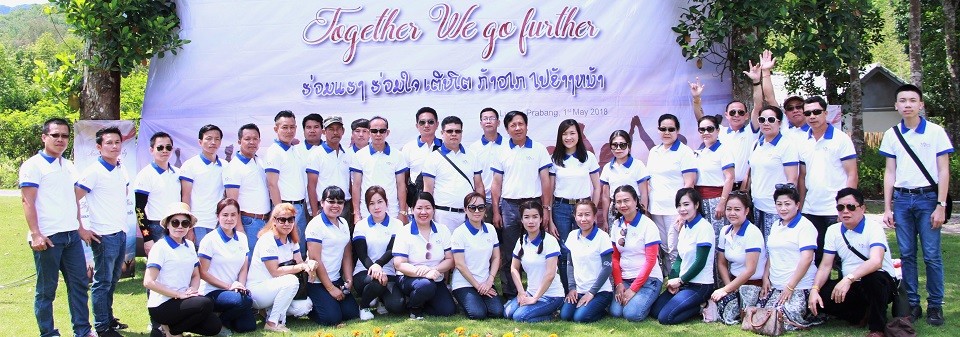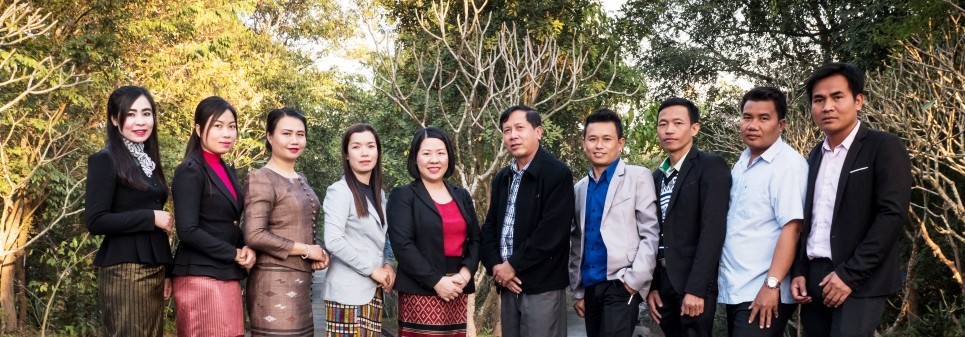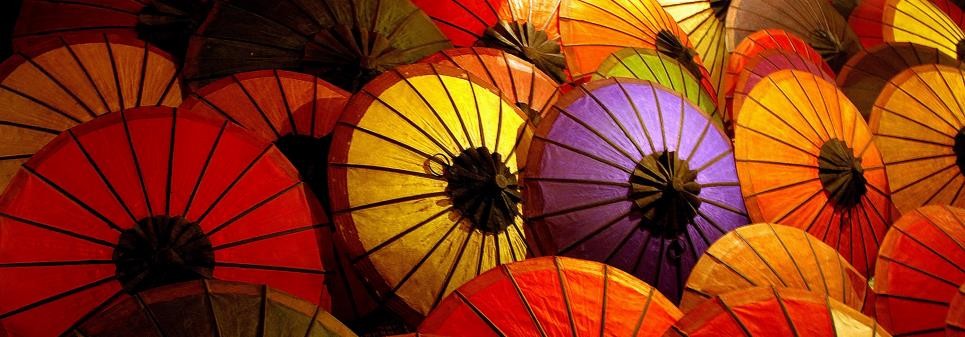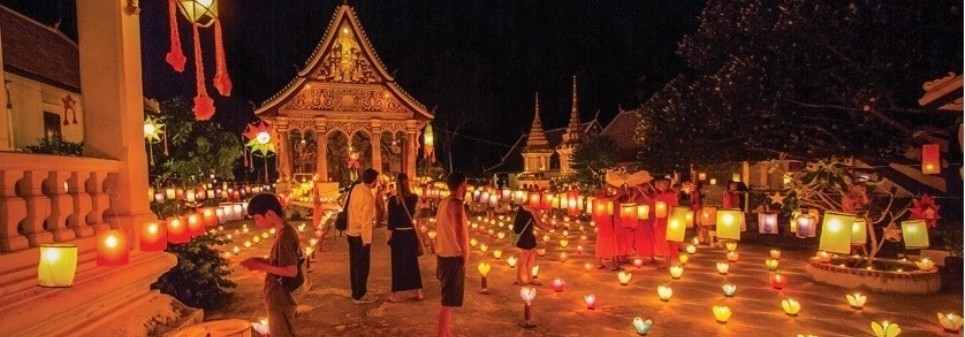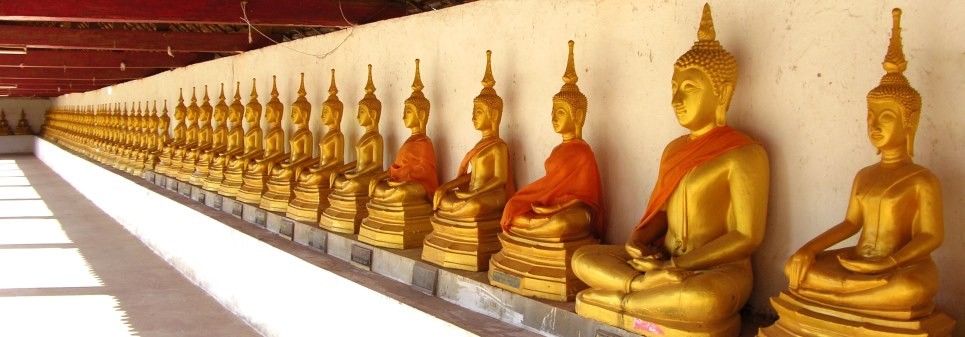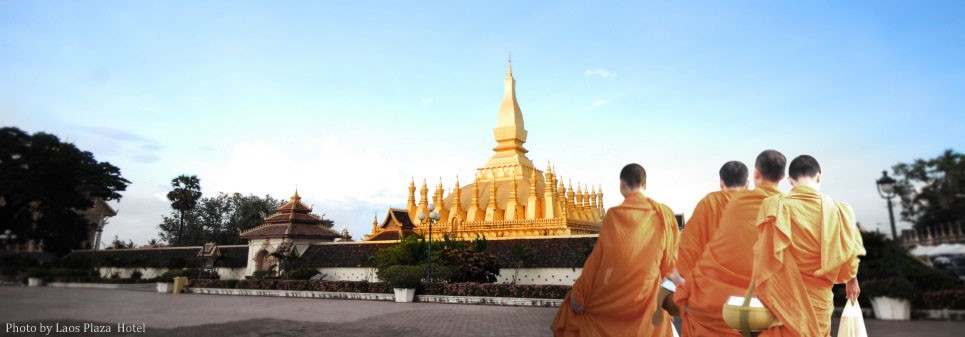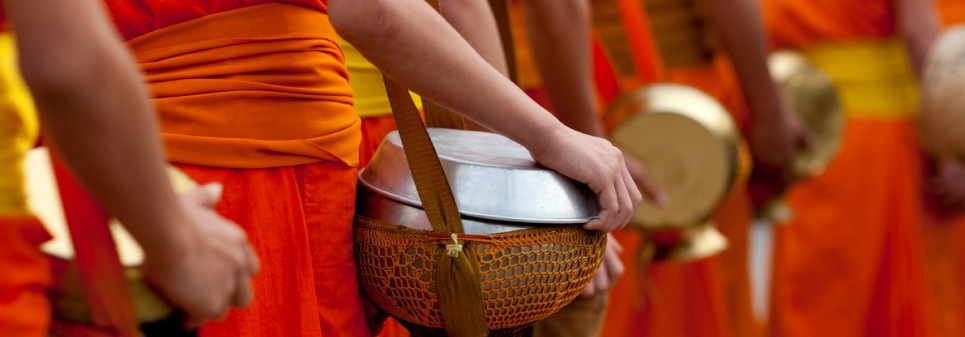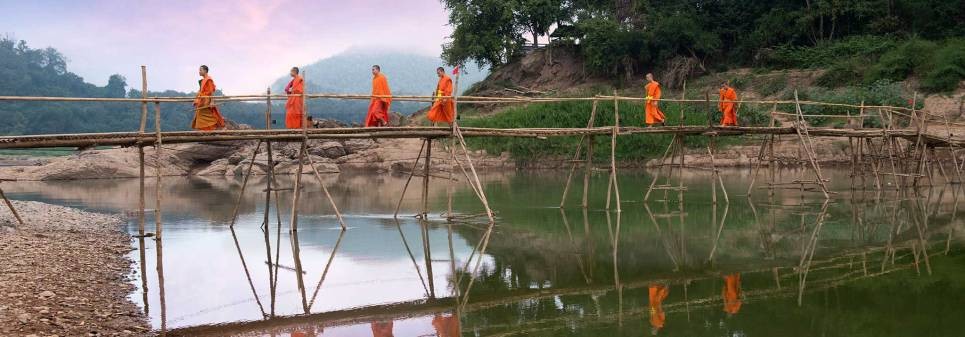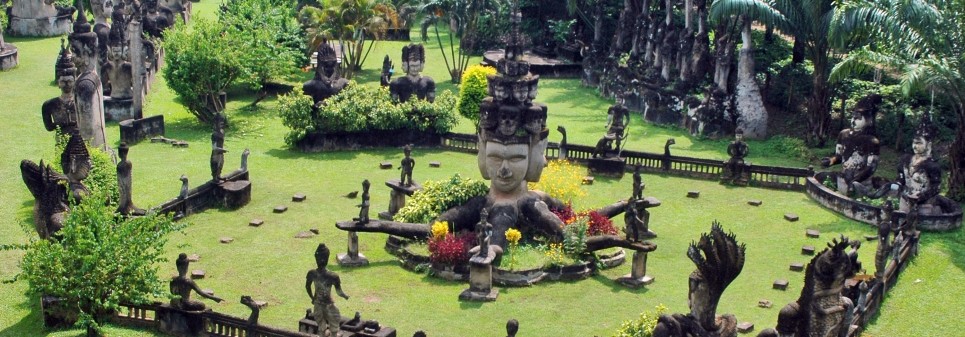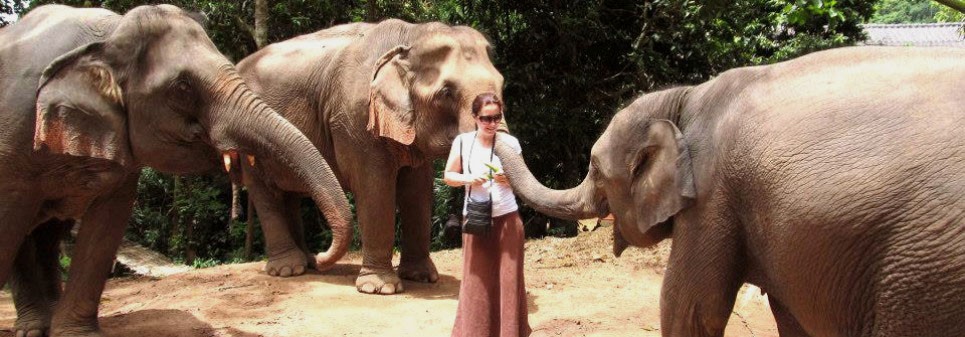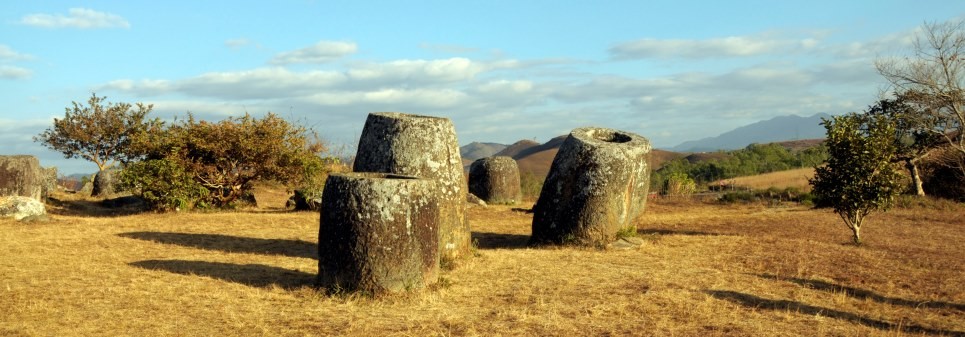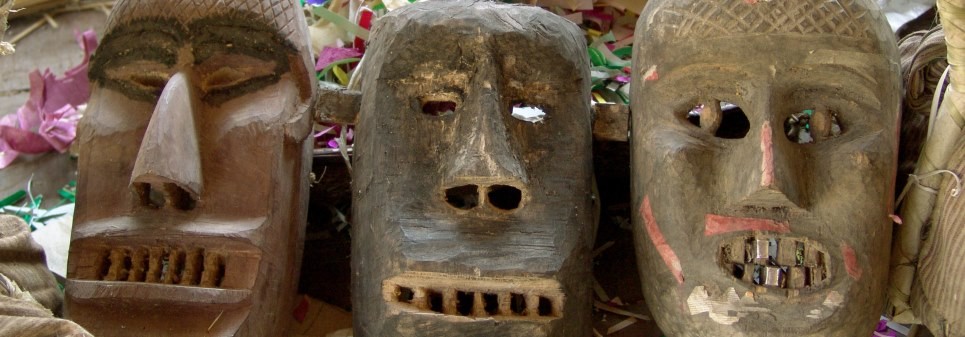“The festival is an important opportunity to make merit for me and my family. I usually join my mother to attend almsgiving at the temple every Buddhist Lent,” a resident of Phonsinuan village named Ms Kaikeo said after she finished presenting her offerings.
This was her special day as she had to get up at 5am to prepare her offerings for the monks and novices for Boun Khao Phansa.
The monks told her that her actions were one way to seek mindfulness and happiness in this life and the next, but it is also about making merit for spirit relatives and those who transgressed or acted badly in a past reincarnation.
Each year of Buddhist Lent (Boun Khao Phansa ) believers get up early to take their buckets with offerings and a couple of large candles to go to the temples at seven in the morning.
These offerings will provide convenience for the monks and novices during the three months of studying the Buddha’s teachings, keeping the precepts and pausing for meditation.
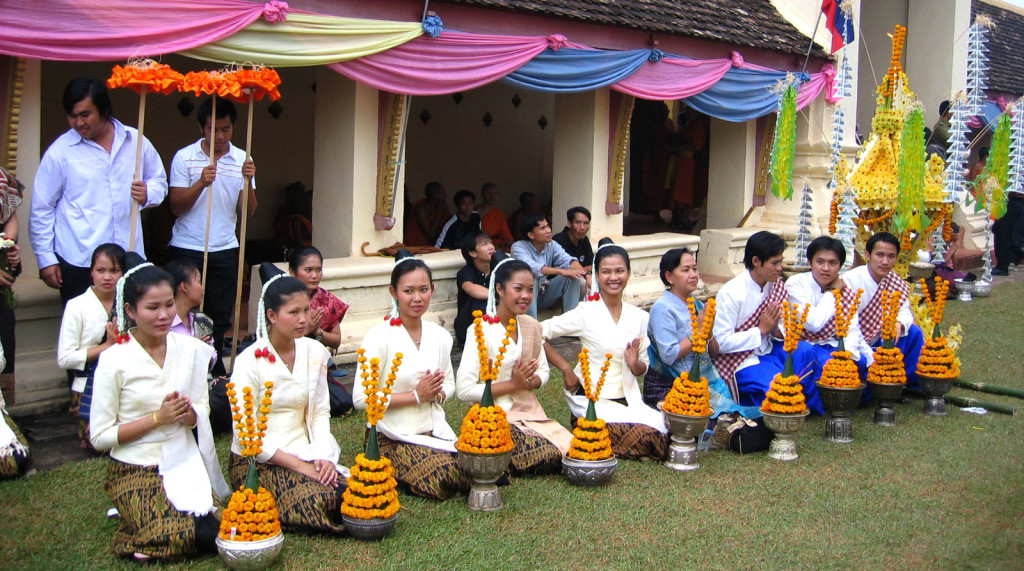
At 8am, senior monks in local temples gave five commitments to lay people to encourage them to make merit and give blessings.
After that believers are allowed to give arm directly to monks, before they sprinkle water from a small bottle onto the ground to ask Ngamae Thorani (a female guardian spirit living under the Earth), telling her to transfer their words to their relative spirits to come to receive their offerings.
During Buddhist Lent monks and novices have to stay in their monasteries to study the Buddha’s teachings, keep the precepts, meditate and live up to their commitments for the duration of the rainy season.
Also, monks and novices are banned from travelling except in the case of specific urgent matters in the scripture such as family illness but even then they are only allowed to leave the temple for a period of seven days.
Monks and novices are also prohibited from returning to lay life outside the temple while ordinary people are prohibited from getting married during this period as it is believed that they won’t achieve success in their family life if they marry during the rainy season.
Source: Vientiane Times








